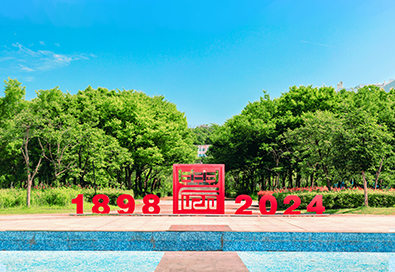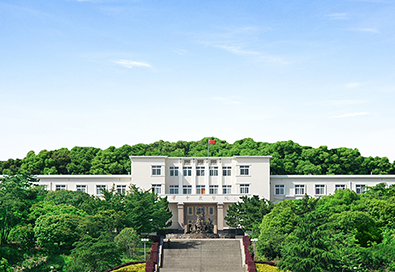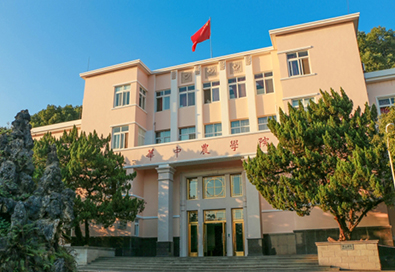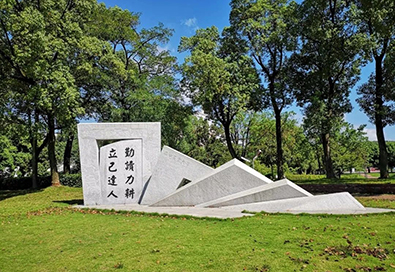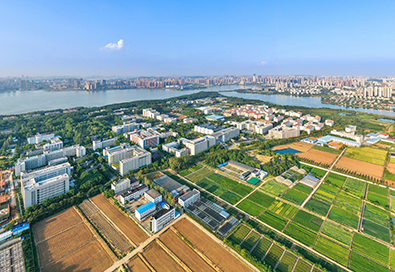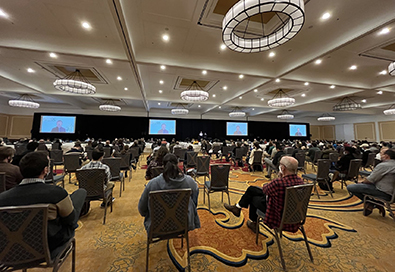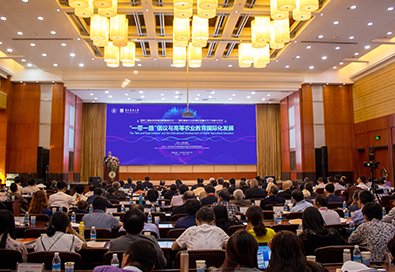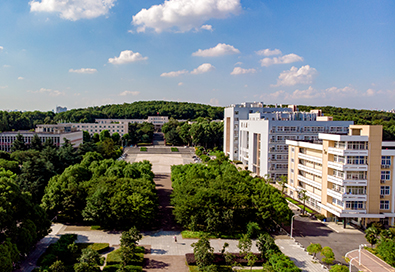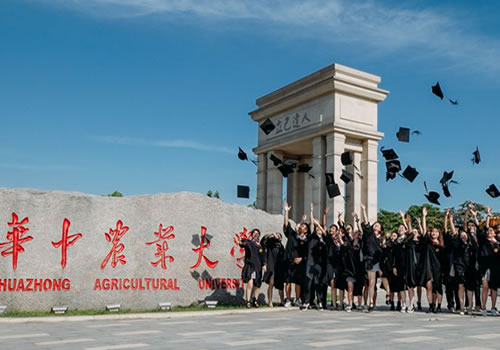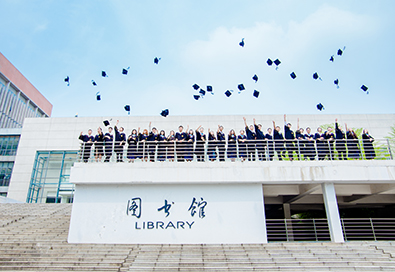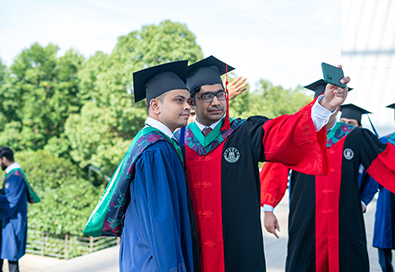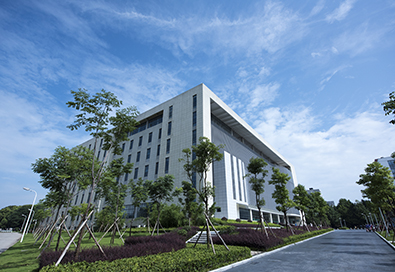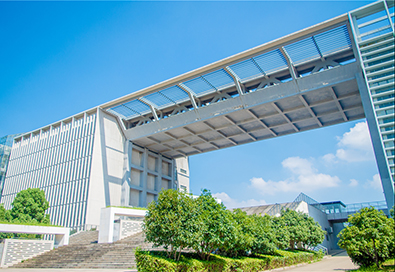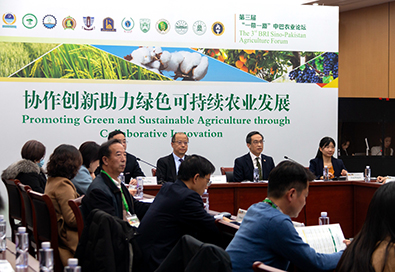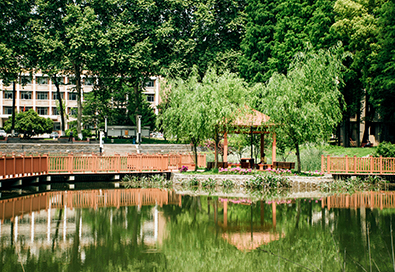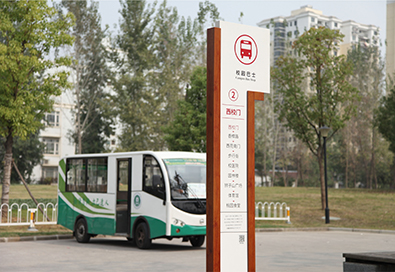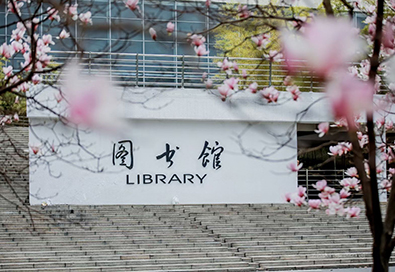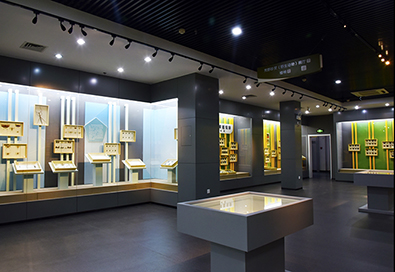Scholars from the College of Economics & Management at Huazhong Agricultural University (HZAU), including Professor Hong Xianpei, Associate Professor Zhou Pin, PhD student Zhou Meiling, and He Zhixuan, a student with a master's degree from the same college, have published a paper titled Centralization or Decentralization? The Effect of Cost Learning on Procurement Strategy in one of the UTD24 journals Production and Operations Management, with Hong as the lead author, Zhou Pin serving as the corresponding author.
This paper investigates the impact of the learning effect in production on procurement strategy preferences within the supply chain, offering valuable insights for multinational companies' procurement decisions in a globalized market.
Procurement is a crucial function in strategic management, with procurement costs comprising a significant portion of overall operational expenses. As multinationals expand, there is a growing trend toward establishing multiple local divisions responsible for production and sales in different regions.
In practice, companies typically choose between two common procurement models: centralized procurement, where a central department manages procurement for all divisions, and decentralized procurement, where each division handles its own procurement. Choosing between the two models is a critical decision for companies.
Previous research has often favored centralized procurement models for their advantages, such as procurement discounts and more efficient resource allocation. However, Toyota's decision in 2013 to increase its engine procurement from Yamaha led to reduced production costs for Yamaha. That same year, Toyota transitioned from a centralized to a decentralized procurement model. This shift suggests that existing research may not fully capture corporate practices, underscoring the need to explore how cost learning effects impact procurement decisions.
The paper introduces a two-tier supply chain model, consisting of an upstream supplier and a downstream manufacturer with multiple divisions, all subject to market competition. It analyzes a two-period production scenario where cost learning effects lower production costs in the second period.
Unlike previous studies, this research demonstrates that decentralized procurement can also be advantageous for manufacturers, depending on the balance between market competition and cost learning effects. Specifically, when market competition is low, increasing learning effects may prompt manufacturers to shift from centralized to decentralized procurement. As learning effects continue to rise, they may revert to centralized procurement. Conversely, when market competition is high, enhanced learning effects may lead to a shift from decentralized to centralized procurement.
Significant cost learning effects can create a win-win or even multi-win scenario in the supply chain. When cost learning is substantial, both manufacturers and suppliers can benefit, along with consumers and the broader sales channel.
Ying-Ju Chen, a professor from Hong Kong University of Science and Technology, also contributed to the research.

